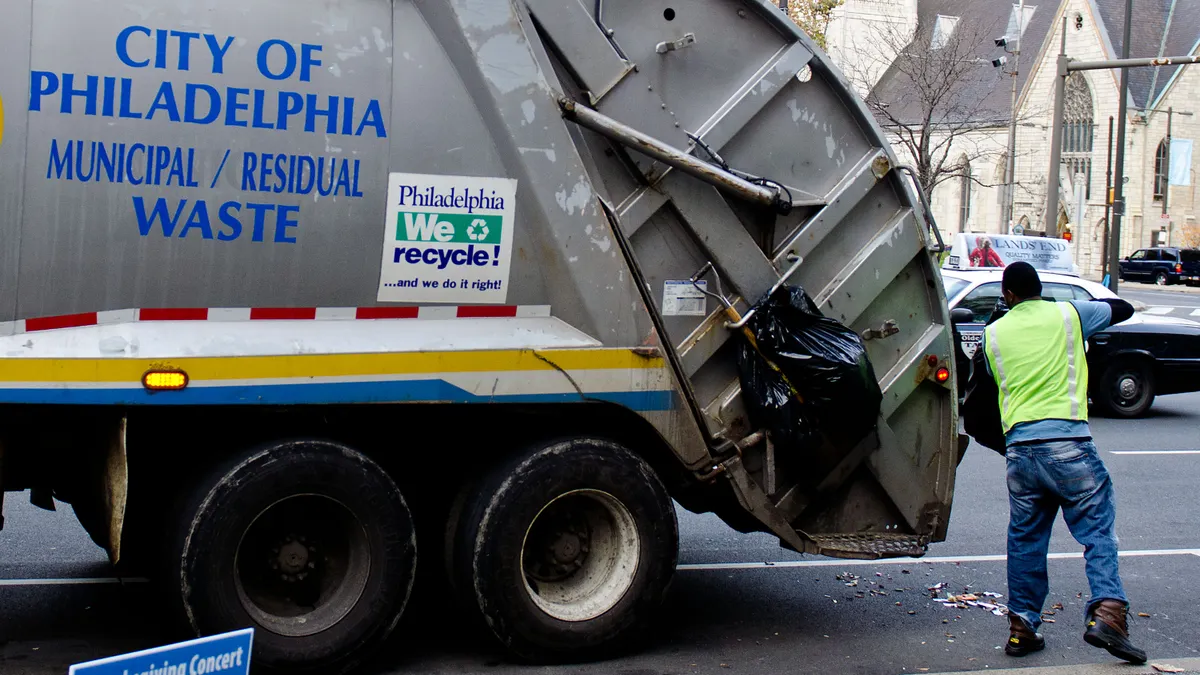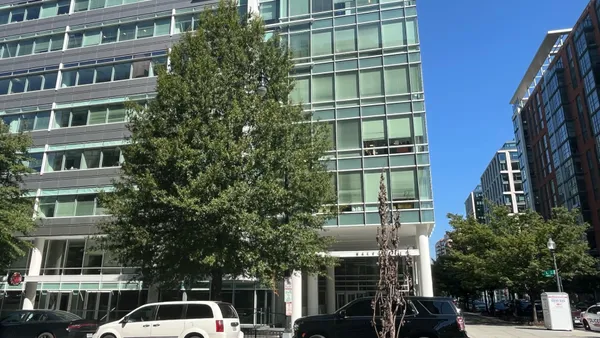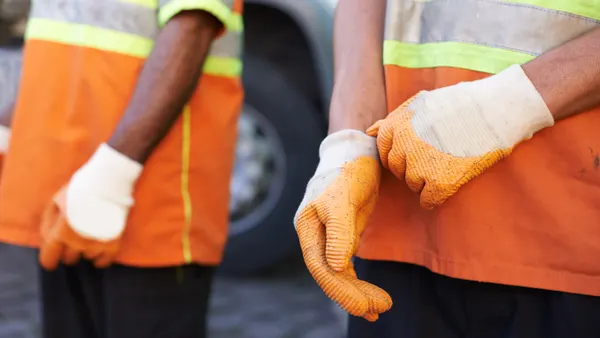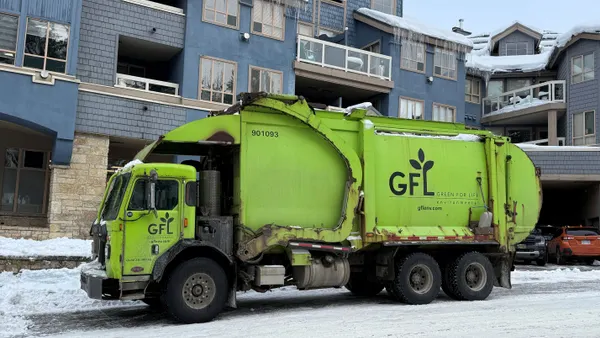UPDATE: July 9, 2025: A labor strike in Philadelphia that included nearly 1,300 municipal sanitation workers has ended. Mayor Cherelle Parker announced Wednesday morning that the city had reached a tentative agreement with AFSCME District Council 33 to offer a new three-year contract.
Specifics of the deal have not yet been released, but Parker said in a social media post that the deal would include a 14% pay increase over her four-year term as mayor. “We’re valuing our workforce and we’re safeguarding our city’s hard-earned fiscal stability at the same time,” she said in the post.
That deal must still be ratified by the union before it’s considered official.
The union confirmed the end of the strike in a post on X. DC 33 President Greg Boulware told CBS he was “not happy or satisfied with the outcome of things" but that the union would provide more details later on Wednesday.
The union representing striking sanitation workers and other municipal employees in Philadelphia is expected to meet with city officials on Tuesday for another round of negotiations.
Between 1,200 and 1,300 municipal sanitation workers with American Federation State County Municipal Employees District Council 33 are among those involved in the strike, according to a union spokesperson. The strike includes a total of 9,000 union employees with roles ranging from 911 dispatchers to water department workers.
DC Local 33 is calling for better wages, along with stronger health benefits and pension plans, saying their current pay does not provide workers a sufficient quality of life, especially as costs rise in Philadelphia and around the country. The union has also called for Philadelphia to remove a residency requirement that bars non-Philadelphia residents from working for the city, the spokesperson said.
The spokesperson declined to offer specifics of what the latest round of negotiations could call for, but a previous version of the union’s demands called for a 5% raise each year over four years, WHYY reported. Mayor Cherelle Parker has previously said the city budget would not be able to accommodate that type of increase.
Curbside trash collection has been suspended since the first day of the strike on July 1, leading to pileups of trash along some Philadelphia streets. Non-union city employees are managing waste drop-off locations.
Local dumpster company Tri State Waste & Recycling and several other private contractors are providing roll-off containers and other services. A person who answered the phone at Tri State Waste on Tuesday confirmed the company was offering services “to keep the city streets clean in the meantime,” but declined to comment further on the strike.
Philadelphia sanitation workers are not the only ones on strike this week. Republic Services workers in Georgia, Illinois and Massachusetts represented by the International Brotherhood of Teamsters are also on strike to call for improved wages and stronger labor protections.













